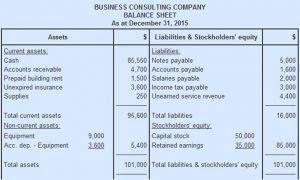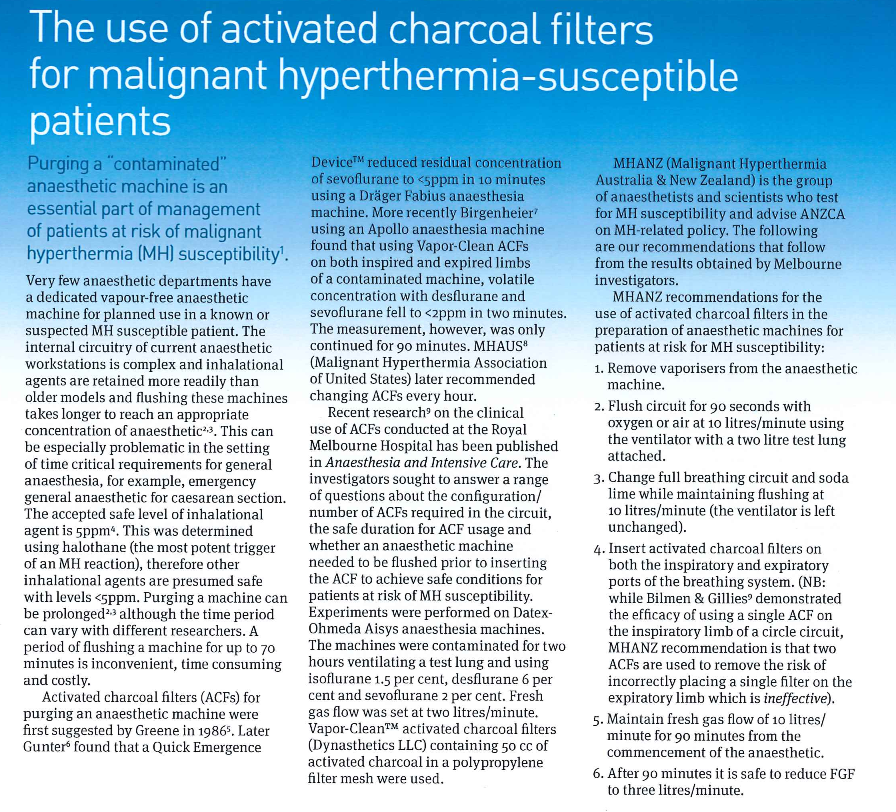KFF maintains full editorial control over all of its policy analysis, polling, and journalism activities. He or she will talk to you about how these incidents have affected you long-term, and you’ll learn how to cope with trauma without turning to alcohol. You probably already know that excessive drinking can affect you in more ways than one. Making amends is a part of addiction recovery, but it is a beneficial practice for anyone.

Charitable Care & Financial Assistance
Initiatives aimed at early screening in non-traditional settings, such as schools may help early detection and lead to more timely linkages of individuals to treatment resources. Your culture, religion, family and work influence many of your behaviors, including drinking. Family plays the biggest role in a person’s likelihood of developing alcoholism.
Biological Factors

The general period of alcohol use begins in the late teens, then peaks in the 20s and finally slows down in the early 30s. Drinking from an early age can cause long-term problems that can even go causes of alcoholism into your 40s and 50s. Alcoholics Anonymous is available almost everywhere and provides a place to openly and nonjudgmentally discuss alcohol issues with others who have alcohol use disorder.
What are the symptoms of cirrhosis?
This research suggests that repeated alcohol withdrawal seizures may make the brain more excitable. Thus, people who have experienced seizures provoked by binge drinking may begin to experience unprovoked epilepsy seizures regardless of alcohol use. Rural areas experienced faster growth in alcohol deaths than urban areas, driven by sharp rises during the pandemic.
What makes Yale Medicine’s approach to alcohol use disorder unique?
The highest-rated alcohol and drug addiction treatment center in Missouri. When thinking about what causes alcoholism, you have to observe how people feel before they drink. People will try to drink away their problems and negative feelings, but this will only temporarily ease their pain. If you find that you’re feeling down, take a healthier route to feel better.
- Professionals believe that these factors may play a role in the development of alcohol use disorders as they have been evident in the lives of many individuals who suffer from alcohol dependence and addiction.
- Treatment providers are available 24/7 to answer your questions about rehab, whether it’s for you or a loved one.
- Doing this in advance will allow time for both people to process the discussion and set clear expectations.
- Much like genetics, personality factors are incredibly complex and interact with each other.
- WHO is currently developing an action plan (2022–2030) to effectively implement the global strategy to reduce the harmful use of alcohol as a public health priority.
Psychological Factors
- While it is an individual’s personal choice whether or not to begin drinking, a great deal of research suggests that the development of alcoholism once drinking commences is largely out of that individual’s control.
- Alcoholism, referred to as alcohol use disorder, occurs when someone drinks so much that their body eventually becomes dependent on or addicted to alcohol.
- Both the volume of lifetime alcohol use and a combination of context, frequency of alcohol consumption and amount consumed per occasion increase the risk of the wide range of health and social harms.
- Also, no factors are determinative; someone with very few risk factors may have severe alcoholism, and someone else with many risk factors may have no drinking issues.












